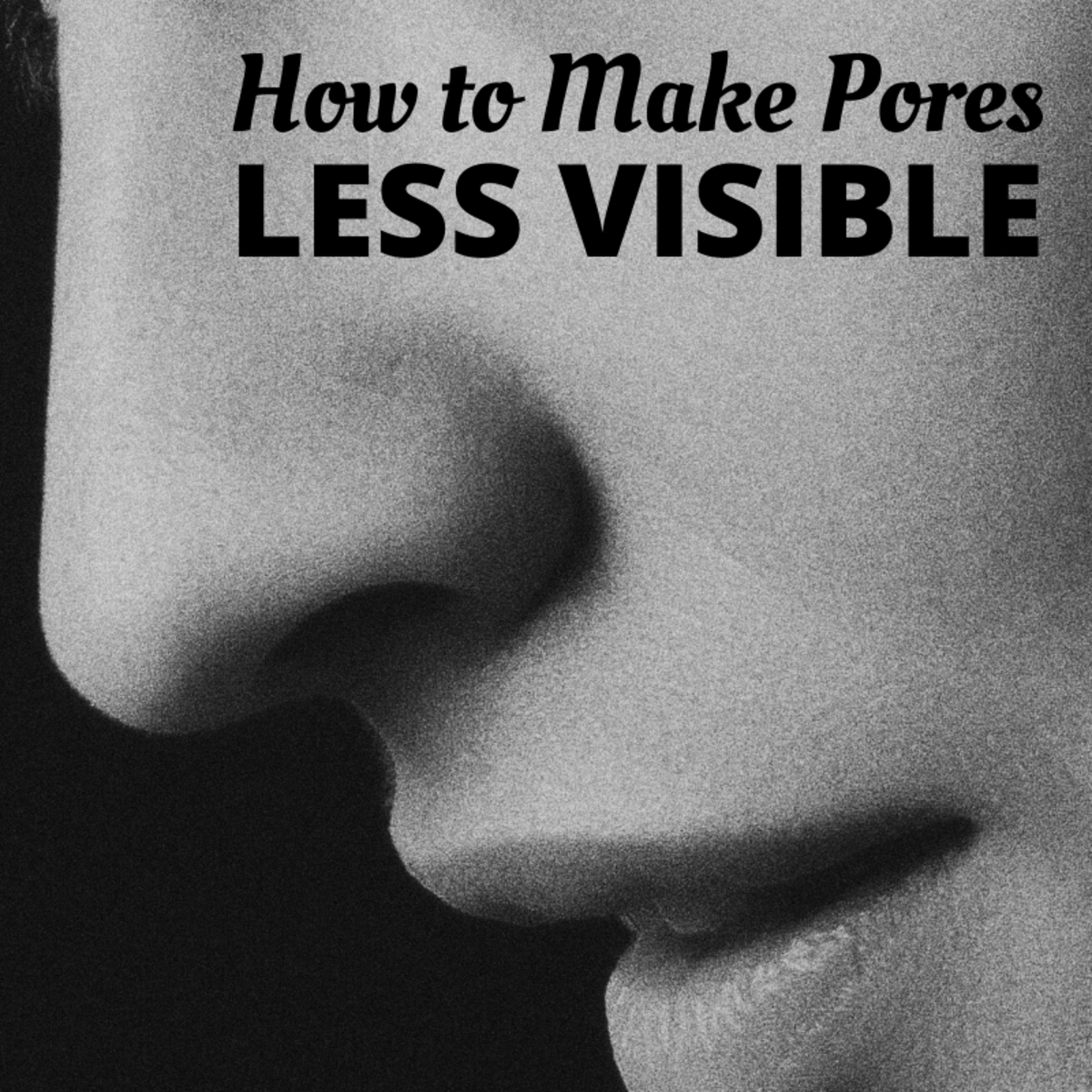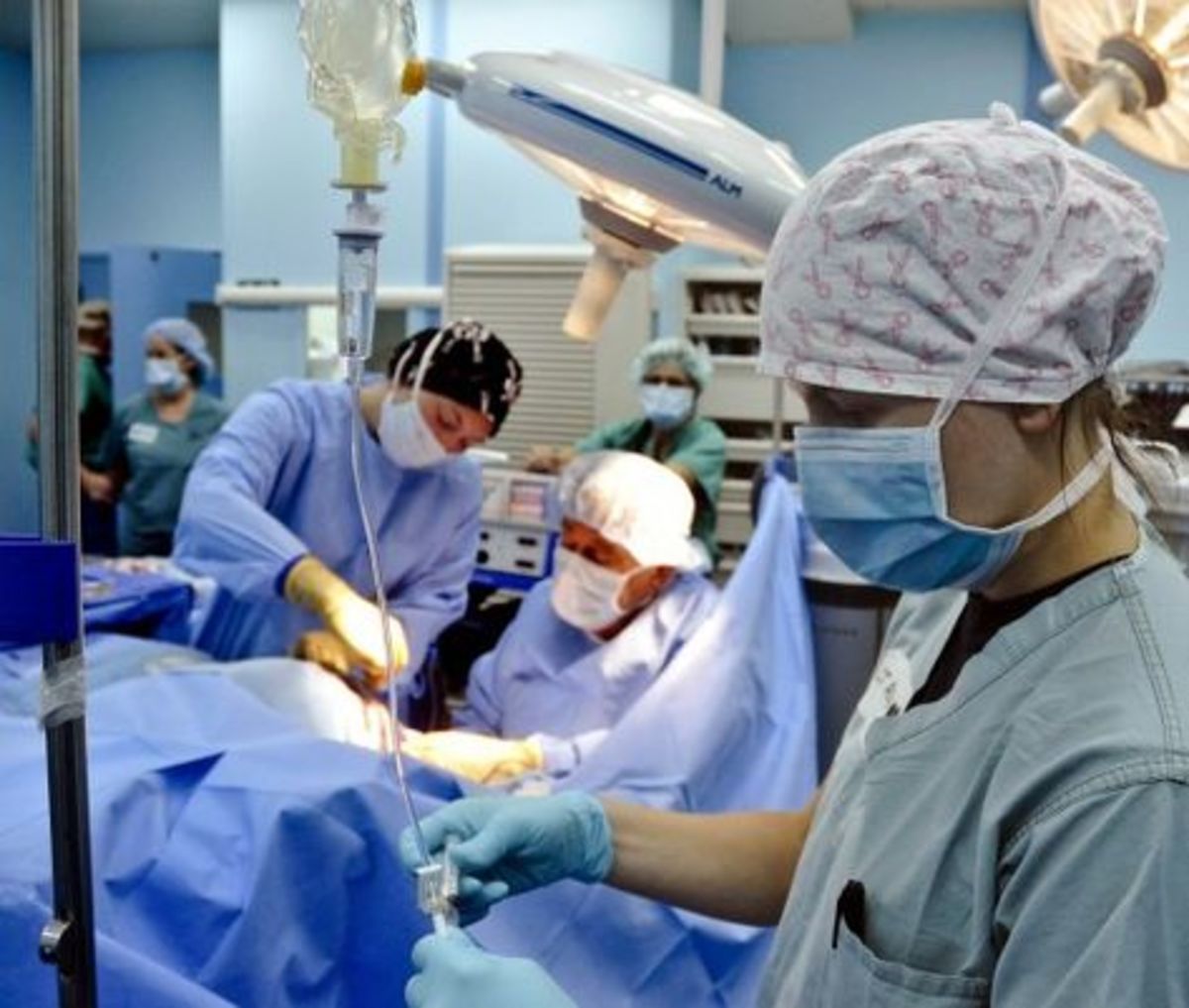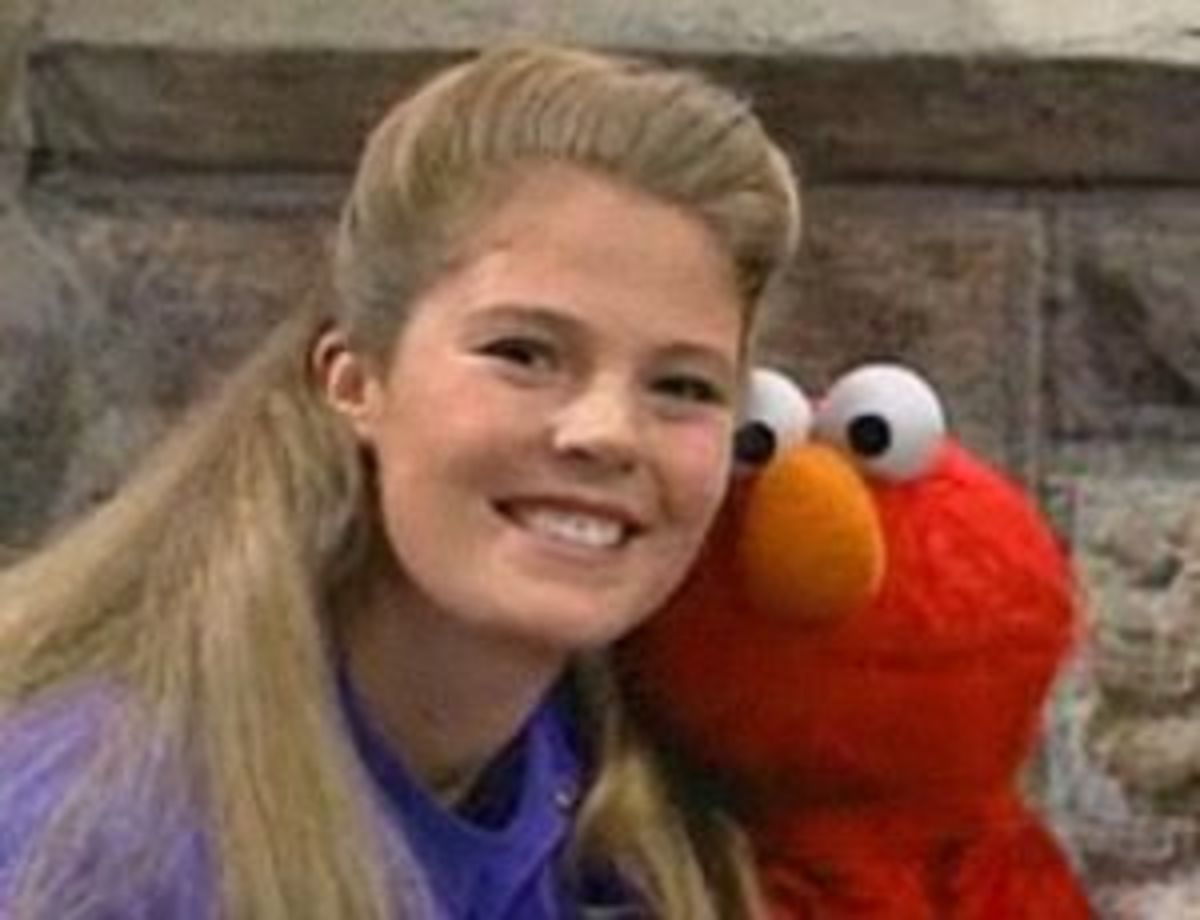How to Naturally Reduce your Risk of Breast Cancer
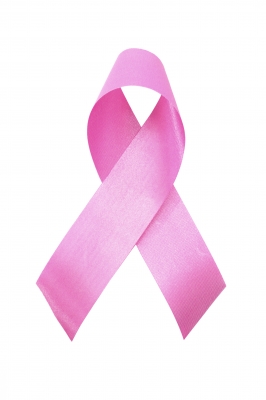
Breast cancer is a complex disease that can arise from genetically inherited factors, as well as from the non-inherited genetic changes that occur with environmental, hormonal, and lifestyle factors.
Only 5-10% of all breast cancers are linked to genetically inherited factors.
That leaves 90-95% that are linked to diet, environment and lifestyle.
There are a number of identified risk factors associated with this remaining 90-95% of breast cancers. These associated factors include:
- poor diet and weight gain
- lack of exercise
- exposure to toxic chemicals in household products
- exposure to toxic environmental chemicals
- smoking
- amount of sleep and sleep cycle
- alcohol
- hormonal therapy
- stress
The good news is that most of these can be addressed and controlled. The World Cancer Research Fund suggests that at least 42% of the breast cancers today can be prevented with proper diet and exercise.
Add in reducing stress, getting enough sleep, avoiding alcohol, avoiding smoking, secondhand smoke and exposure to specific classes of environmental chemicals, and the number of preventable breast cancers may easily reach 50-70%.
Changes in diet and exercise, getting adequate amounts of sleep, and reducing exposure to toxic chemicals can go along way to reduce the risk and help prevent breast cancer on an individual basis.
Changes in diet can reduce breast cancer risk
Most studies have found that breast cancer is less common in countries where the average diet is low in fat.
High-fat diets can lead to being overweight or obese, which is a breast cancer risk factor.
Low-fat diets and diets rich in plant-based phytonutrients and antioxidants have been shown to naturally reduce cancer risk.
According to the American Cancer Society, no study has yet shown that taking vitamins or supplements reduce breast cancer risk which suggests that obtaining important vitamins and nutrients naturally through whole foods and unprocessed foods is the best way to naturally fight inflammation and disease, including breast cancer (chronic inflammation can lead to cancer).
There are also a number of foods, like broccoli sprouts, that can help fight cancer before it even gets underway.
Avoiding toxic chemicals in the environment
Research has found parabens that have estrogen-like properties are concentrated in some breast cancer tumors. Parabens are used in a number of health care products, including many shampoos, cosmetics and pharmaceutical products.
Some additional chemicals found in plastics, certain cosmetics and personal care products, pesticides, and PCBs (polychlorinated biphenyls) have also been linked to breast cancer.
One such example is BPA (bisphenol A). It is an endocrine-disrupting chemical recently been linked to an increased risk of certain cancers, including breast and prostate cancer. BPA commonly leaches from plastics, including plastic water bottles and the lining of canned foods. It's also be found to transfer from sales receipts to the hands of those that handle receipts frequently.
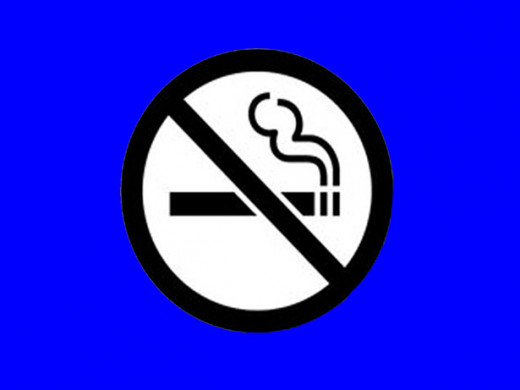
Avoid smoking and secondhand tobacco smoke
Early studies had suggested that there was not a link between cigarette smoking and breast cancer.
However, in recent years, research suggests that smoking may increase the risk of breast cancer, particularly for women who started smoking when they were young (California Environmental Protection Agency, 2005).
Smoking has been associated with more breast cancer deaths. According to a study by UCSF epidemiologist Dejana Braithwaite, PhD, women with breast cancer who smoke or who have smoked in the past are much less likely to survive the disease.
Chemicals in tobacco smoke have been found in breast tissue and breast milk. Both firsthand and secondhand smoke contain chemicals that, in high concentrations have been shown to cause breast cancer in mice.

The amount of sleep and changes in sleep cycle affects risk
Getting an adequate amount of sleep is critical for reducing the risk of several diseases, including cancer. The body goes into a "repair" mode during sleep. There is a built in biochemical process that allows the body to repair daily DNA damage during the sleep cycle. Not getting enough sleep or disrupting the sleep cycle can affect this process.
Sleep deprivation has also been shown to be a cause of weight gain which, in turn, also increases the risk for breast cancer.
In addition, the sleep cycle itself has been shown to be important. Several studies have suggested that women who work at night or the graveyard shift may have an increased risk of developing breast cancer. Scientists think that the effect may be due to changes in levels of melatonin, a hormone whose production is affected by exposure to light.
Controlling other risk factors
Alcohol has been associated with an increase risk of breast cancer. One or two drinks each day has been shown to increase the risk and that risk increases even more when several drinks are consumed daily. Drinking in moderation is a very simple and natural approach to reducing that risk.
Stress has been linked to not only breast cancer but, other cancers and diseases as well. It has been estimated that over 90% of all diseases are linked in some way to stress. Stress can lead to weight gain, poor eating habits and poor sleeping habits - all of which, in turn, are cancer risks.
Women considering hormonal therapy should discuss the risks with their doctor. HRT (Hormonal Replacement Therapy) commonly used during menopause should be carefully considered, the benefits and risks weighted, and alternatives discussed.
Additional Reading
Science Daily, August 2012. Lack of Sleep Found to Be a New Risk Factor for Aggressive Breast Cancers.
Darbre et. al. 2004. J. Appl. Toxicology Vol. 24:5-13. Concentrations of parabens in human breast tumours.

